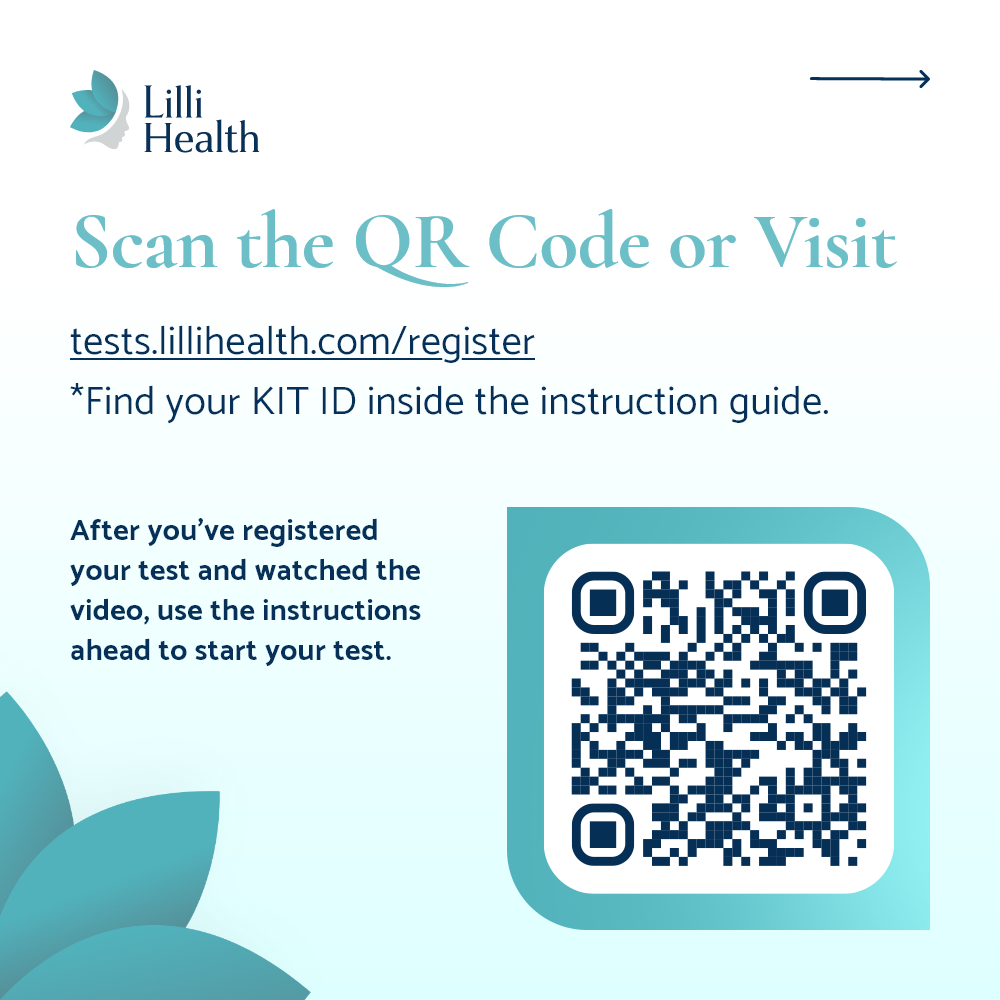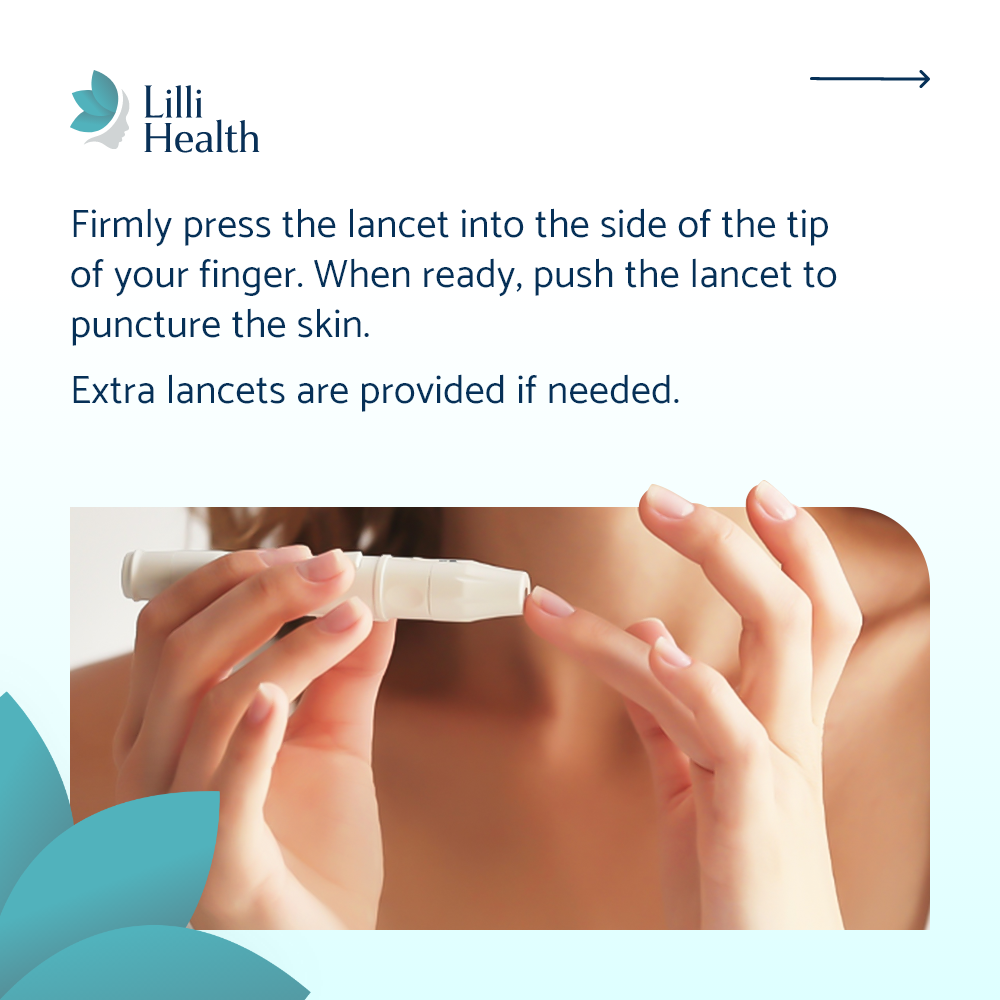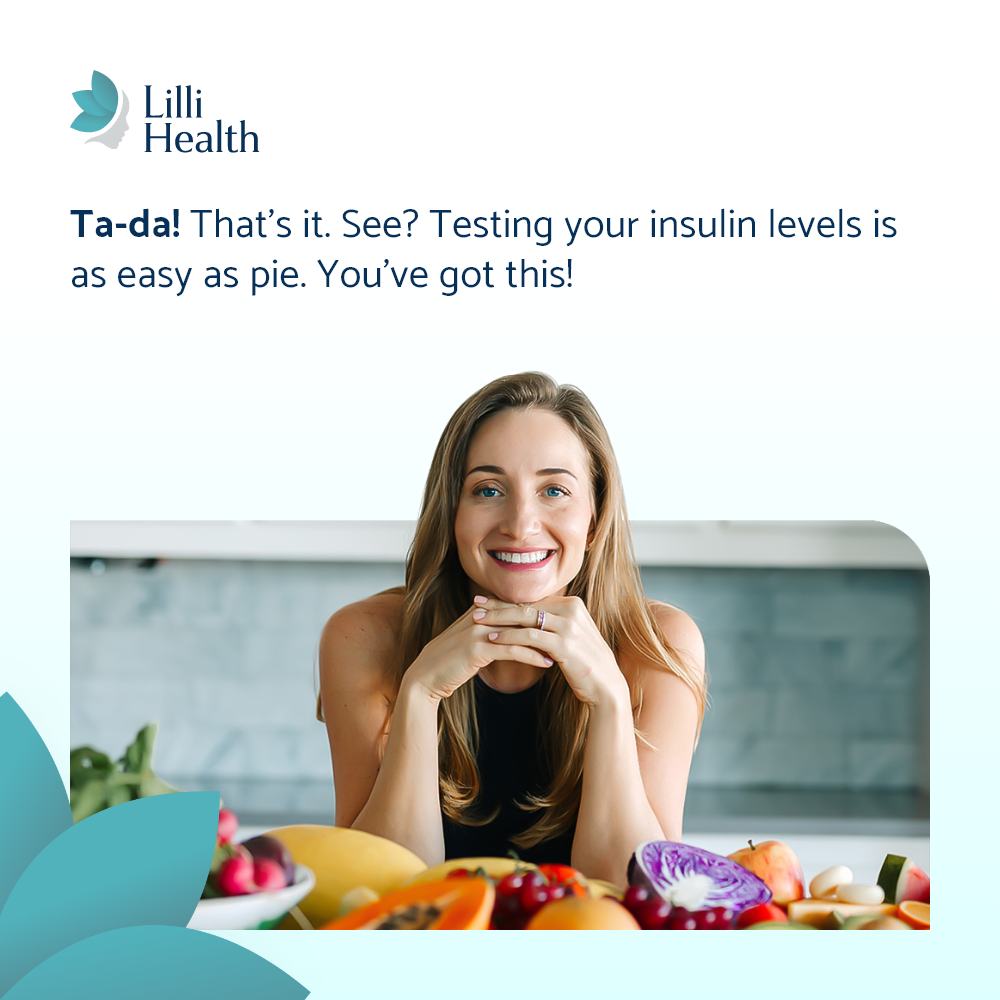

The Link Between PCOS Symptoms and Genetics: The Science Behind the Stats
The genetics of polycystic ovary syndrome (PCOS) has been a topic of great interest and research in recent years and for good reason. While the exact causes of PCOS are still being explored, emerging evidence suggests that maternal insulin and testosterone levels before and during pregnancy may play a significant role in developing this hormonal disorder.1,2 Understanding the interplay between genetics and maternal hormonal factors can provide valuable insights into the origins of PCOS.
In this article, we will delve into the fascinating connection between maternal insulin and testosterone levels and the genetic predisposition to PCOS, shedding light on how these factors can influence the development of this complex condition.
The Intersection of PCOS and Genetic Influence
PCOS is a hormonal disorder that affects the reproductive system of women. It manifests in a range of symptoms, like irregular menstrual cycles, excessive hair growth, weight gain, acne, and infertility. But did you know that genes may play a significant role in the development of PCOS? While the exact cause of PCOS is still being researched, studies have shown that genetics plays a critical role in its development.3,4
- Family History: Having a family history of PCOS increases a woman’s risk of developing the condition. Research suggests that if a woman has a first-degree relative, like a mother or sister, with PCOS, her chances of developing the syndrome are significantly higher. How much higher, you ask? It’s estimated that up to 70% of daughters born to women with PCOS will develop PCOS themselves.
- Genetic Variations: Scientists have identified specific genetic variations associated with PCOS, and the exact variations are shown below.3–5 What this translates to is that these identified changes in particular genes resulted in insulin and hormone imbalances which are the key contributors to PCOS.
- P450c17: Variations in the P450c17 gene can lead to increased activity of the enzyme, resulting in higher levels of androgen production.
- INS (Insulin): Variations in the INS gene have been associated with higher insulin levels, which is a common characteristic of PCOS.
- LHCGR (Luteinizing Hormone/Choriogonadotropin Receptor): Mutations in the LHCGR gene have been linked to excessive production of luteinizing hormone (LH) and elevated androgen levels, both of which are associated with PCOS.
- FSHR (Follicle-Stimulating Hormone Receptor): Genetic variants in the FSHR gene have been found to influence the development of PCOS by affecting follicle development and hormonal balance.
- Twin Studies: Studies conducted on twins have provided valuable insights into the genetic component of PCOS. Identical twins, who share 100% of their genes, are more likely to both have PCOS compared to fraternal twins, who share only 50% of their genes. This data suggests that genetic factors strongly influence the development of PCOS.
- Ethnic Disparities: PCOS can affect women of all ethnic backgrounds. However, studies have found variations in the prevalence of PCOS among different ethnic groups. For example, women of South Asian, Middle Eastern, and Hispanic descent may have a higher risk of developing PCOS compared to women of European or East Asian descent. These findings suggest that genetics and ethnicity might interact to influence PCOS susceptibility.6,7
Deciphering Genetic Factors in PCOS: Shaping Future Strategies
Understanding the link between PCOS symptoms and genetics is an ongoing area of research. The presence of a family history of PCOS, specific genetic variations, and the influence of ethnicity all contribute to the development of this complex condition. By unraveling this intricate genetic puzzle, researchers aim to refine diagnosis techniques, aid the development of targeted PCOS treatments, and strengthen preventive strategies.
PCOS and Genetics: Why a Low Insulin Lifestyle Matters
Regardless of its cause, it’s widely known that women with PCOS have higher insulin levels compared to women without, regardless of their weight. That’s why it’s crucial for all women with PCOS to follow a low insulin lifestyle. This lifestyle can help alleviate PCOS symptoms, reduce the risk of chronic diseases, and maintain fertility for those wanting to have children.
At Lilli Health, our vision is to create a paradigm shift in PCOS care, where we focus on the root cause of the symptoms: insulin. By addressing this fundamental aspect head-on, we can pave the way for a new approach to managing PCOS and achieving better outcomes. We’re dedicated to equipping women with the knowledge and tools to regain control over their health and well-being. This journey doesn’t have to be taken alone, and we’re here every step of the way.
References
- FRANKS S, MCCARTHY MI, HARDY K. Development of polycystic ovary syndrome: involvement of genetic and environmental factors. Int J Androl. 2006;29(1):278-285. doi:10.1111/j.1365-2605.2005.00623.x
- Rosenfield RL, Ehrmann DA. The Pathogenesis of Polycystic Ovary Syndrome (PCOS): The Hypothesis of PCOS as Functional Ovarian Hyperandrogenism Revisited. Endocr Rev. 2016;37(5):467-520. doi:10.1210/er.2015-1104
- Bruni V, Capozzi A, Lello S. The Role of Genetics, Epigenetics and Lifestyle in Polycystic Ovary Syndrome Development: the State of the Art. Reproductive Sciences. 2022;29(3):668-679. doi:10.1007/s43032-021-00515-4
- Laven JSE. Follicle Stimulating Hormone Receptor (FSHR) Polymorphisms and Polycystic Ovary Syndrome (PCOS). Front Endocrinol (Lausanne). 2019;10. doi:10.3389/fendo.2019.00023
- Qin K nan, Rosenfield RL. Role of cytochrome P450c17 in polycystic ovary syndrome. Mol Cell Endocrinol. 1998;145(1-2):111-121. doi:10.1016/S0303-7207(98)00177-4
- Rodin DA, Bano G, Bland JM, Taylor K, Nussey SS. Polycystic ovaries and associated metabolic abnormalities in Indian subcontinent Asian women. Clin Endocrinol (Oxf). 1998;49(1):91-99. doi:10.1046/j.1365-2265.1998.00492.x
- Mani H, Davies MJ, Bodicoat DH, et al. Clinical characteristics of polycystic ovary syndrome: investigating differences in White and South Asian women. Clin Endocrinol (Oxf). 2015;83(4):542-549. doi:10.1111/cen.12784
































